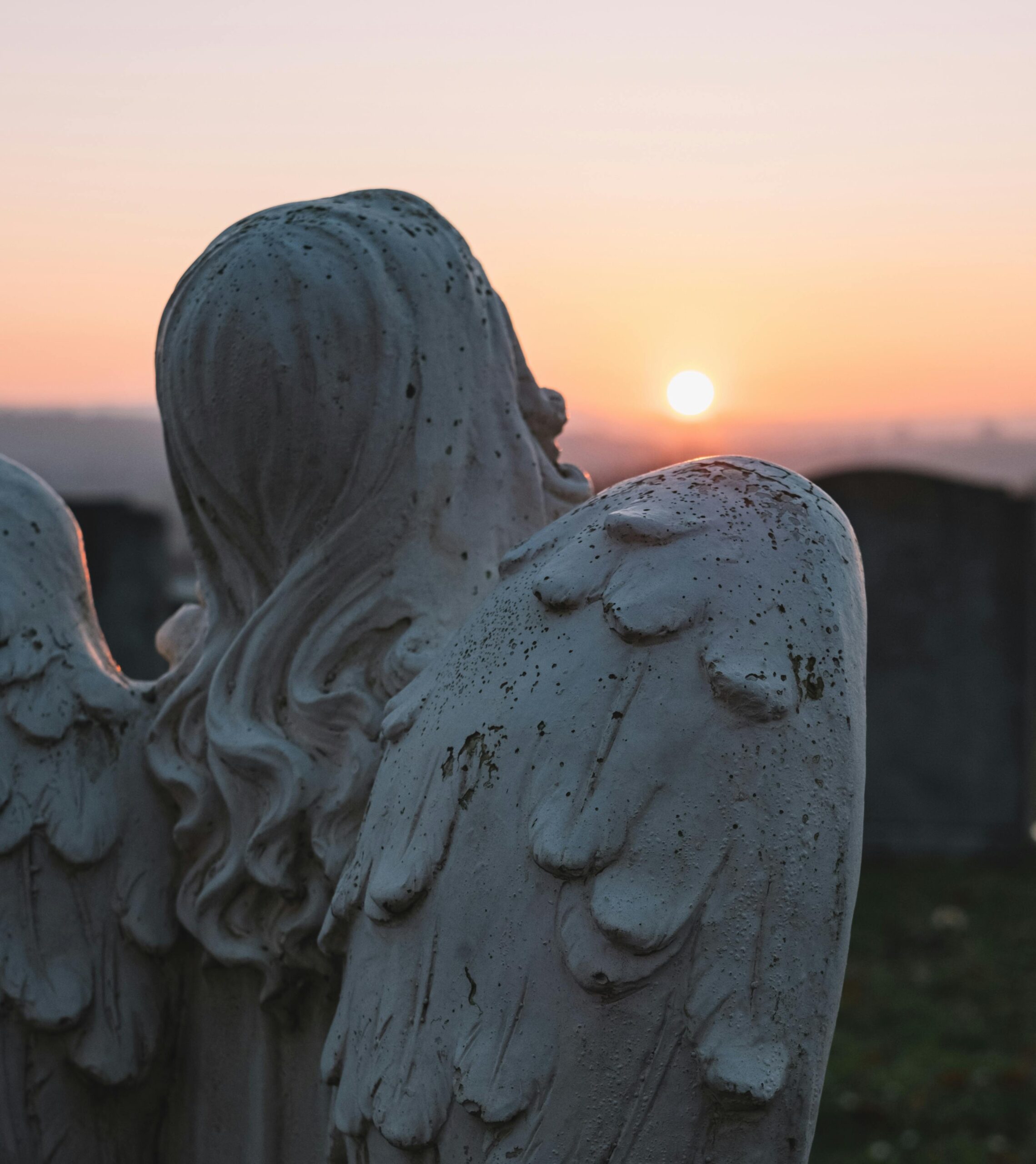Last week, we experienced a death in the family and traveled to be with loved ones. The loss was sudden, unexpected, and brought about an array of emotions. The priest who offered a prayer service encouraged us to cling to the hope of the resurrection in the midst of our sadness.There are no words to resolve the pain of loss, yet there is comfort that can be found in the hope that Christ conquered even death.
The resurrection offers the promise that death is not the end, but the gateway to eternal life with God. This belief is not just theological; it is intensely personal. When we face the death of a loved one, the grief can feel overwhelming. The pain of loss is often so raw and real that it can seem like an insurmountable chasm between us and the ones we’ve lost.
In 1 Corinthians 15:20-22, St. Paul writes, “For since death came through a human being, the resurrection of the dead has also come through a human being. For as all die in Adam, so all will be made alive in Christ.” This passage speaks to the core of the Catholic understanding of death: while death is a reality, it is not a defeat. Through Christ’s resurrection, we too are promised resurrection, and our grief is tempered by the hope that we will be reunited with our loved ones in the fullness of God’s kingdom.
This promise provides more than a vague sense of comfort. It transforms our suffering, giving it meaning. Instead of viewing grief as a pointless, arbitrary affliction, we can see it as part of the redemptive journey. Suffering, when understood in light of the resurrection, can lead to growth in faith, love, and hope. It becomes a means by which we grow closer to Christ, who himself bore the greatest suffering in his Passion and death.
Catholic Burial and Funeral Traditions: Honoring the Dead
Catholic funeral rites are not mere formalities; they are deeply theological actions that reinforce our belief in the resurrection. Honoring the dead is not only an act of respect but a profound expression of love. When we mourn in the context of these rituals, we don’t ignore our grief; we bring it to God, placing it within the context of His promises. This recognition of death as sacred allows us to grieve deeply, yet without despair, knowing that the separation is temporary. Burial is an act of respect, a final offering of love and care for the body, which will be resurrected at the end of time. Through these traditions, we give honor to the person who has passed, acknowledging their life as part of God’s plan, and we find strength in the shared faith of the community. These rituals help the living reflect on the fragility of life, but also on the eternal hope offered in Christ.
“Celebrations of Life”
In contrast to traditional funeral rituals, there has been a rise in what is often referred to as a “celebration of life.” These gatherings typically focus on honoring the life of the deceased with joy, music, and stories, often downplaying or avoiding the pain of grief. While there is certainly a place for celebrating the lives of our loved ones, these events sometimes miss an essential aspect of mourning: the opportunity to sit with our sorrow, to face the reality of death, and to engage in the difficult but necessary process of grieving.
In many cases, “celebrations of life” can inadvertently shut down the natural process of grief by focusing on positivity and remembrance to the exclusion of sorrow. Grief is not something that can or should be hurried through. It is a journey that demands patience, vulnerability, and, most importantly, time. By not allowing space for sorrow, these celebrations may leave the bereaved feeling pressured to “move on” too quickly, which can stunt emotional healing and lead to unresolved grief..
Grief, Resurrection, and Hope
Grief is painful, but it need not be pointless. Faith in the resurrection of Christ brings hope and meaning to our suffering. Through Christ’s victory over death, we are assured that our grief, though real and deep, is not the end. Catholic burial and funeral traditions are powerful expressions of this hope, offering a sacred space to mourn, to honor the deceased, and to rest in the promise of eternal life.
Ultimately, grief is not a sign of weakness, nor is it something to be avoided. It is often a sign of one’s love for what has been lost. It is an opportunity to lean into the hope of the resurrection, to find purpose in suffering, and to allow the love of Christ to transform even the darkest moments. By honoring the dead and grieving with faith, we not only heal but are reminded of the eternal hope we have in Christ.
